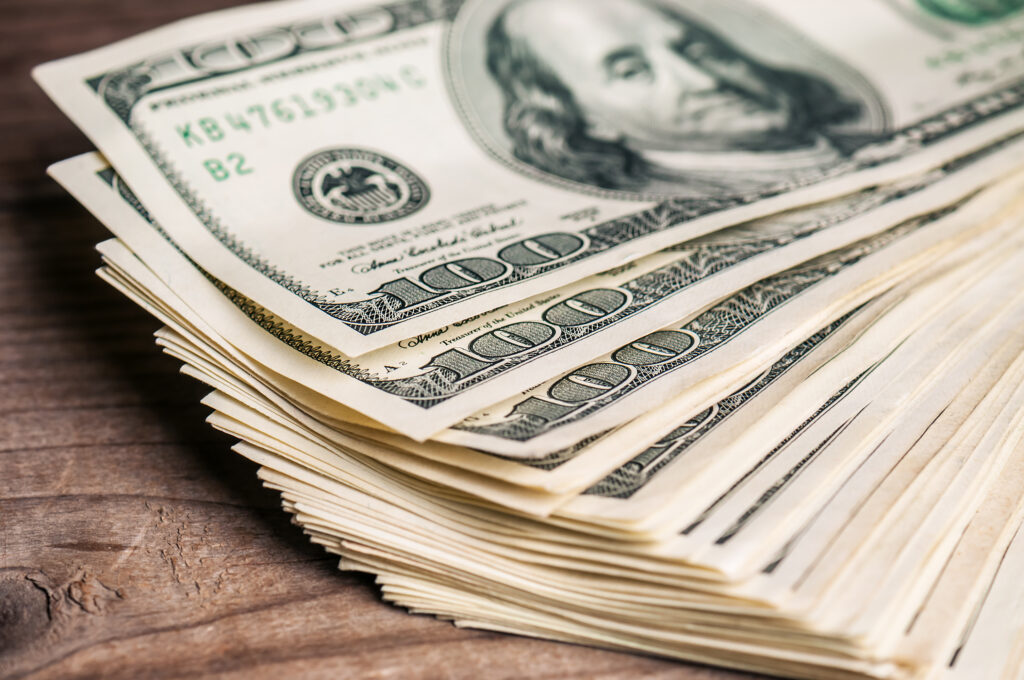If you qualify for Social Security disability insurance (SSDI) benefits, how much you receive will depend on your average lifetime earnings before your disability began, as opposed to the severity of your disability or how much income you have. Most SSDI recipients receive between $700 and $1,400 a month, but other sources of income may lead to a reduction in that amount. For more information on how much money you can get, please read on, then contact an experienced New Jersey SSDI benefits lawyer soon.
How much money can you get in SSDI benefits in New Jersey?
The average SSDI payment is $1,358, but nearly sixty-six percent receive less than that and ten percent receive $2,000 per month or more. Married individuals with minor children tend to collect around $2,383 per month. As alluded to above, Social Security pays based on your lifetime earnings. If you are age fifty-five or older, your SSDI payment could be anywhere between $1,000 to $2,700, depending on:
- Your average income over thirty-five years
- Whether you paid self-employment taxes or if you owned your own business or freelanced
- Whether you worked in any jobs that did not pay into the Social Security system, such as state or local government jobs
- And whether you took any years off work for child-rearing or long-term illness
What other income could reduce your SSDI payment in New Jersey?
Any disability benefits you receive from a private long-term disability insurance policy will not affect your SSDI benefits. Likewise, Supplemental Security Income and Veterans Administration benefits will not impact your SSDI amount. However, if you receive any government-regulated disability benefits, that could affect your SSDI amount. The Social Security Administration will reduce your SSDI or other benefits if the amount in SSDI plus the amount from government-regulated disability benefits exceeds eighty percent of the amount you earned before you became disabled.
What are government-regulated disability benefits?
Government-regulated disability benefits that could lower your SSDI payment include:
- Workers’ compensation payments
- State short-term disability payments
- Civil service disability benefits, and
- State or local government retirement benefits based on disability
What other things can change your SSDI amount in New Jersey
Most years, the Social Security Administration calculates the annual cost of living adjustment and increases your monthly SSDI payment accordingly. Conversely, if you become eligible for Medicare benefits – which happens two years after you become entitled to SSDI benefits – you will have the cost of Medicare Part B taken out of your Social Security check. In 2022, Part B premiums average $158.50, but again, that will depend on your lifetime income.
For more information, speak with a skilled New Jersey SSD attorney today.
Contact a skilled New Jersey SSD Lawyer Today
With over thirty years of experience serving the entire state, our firm has the ability to help you with any SSD matter. Contact The Law Offices of Sheryl Gandel Mazur for a free case evaluation.


